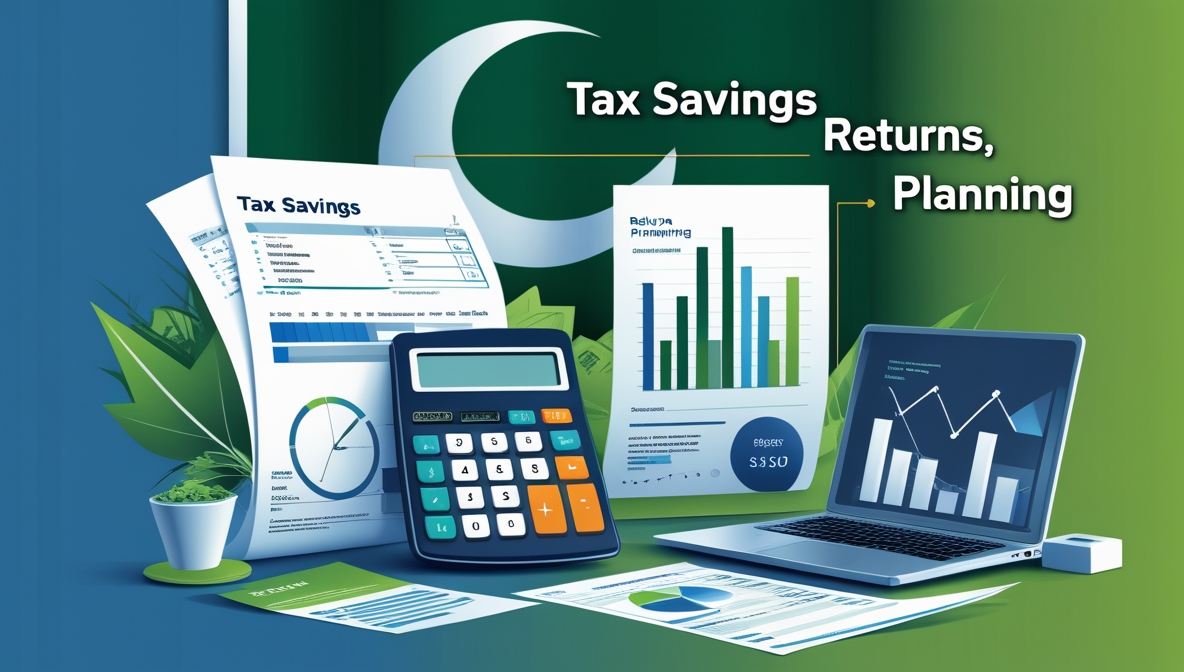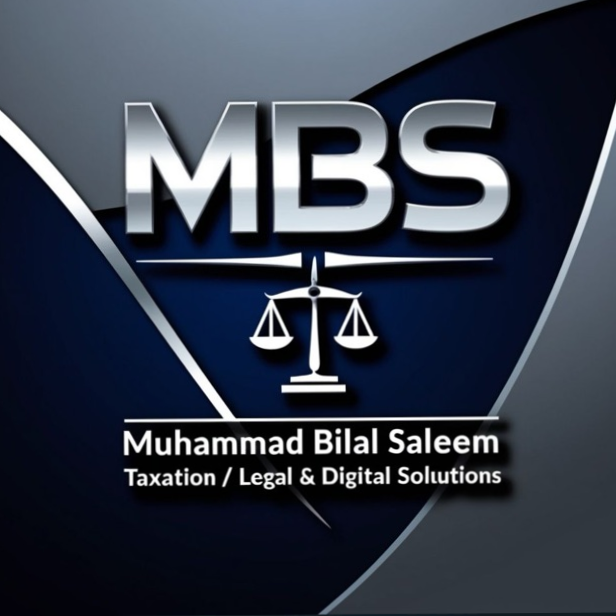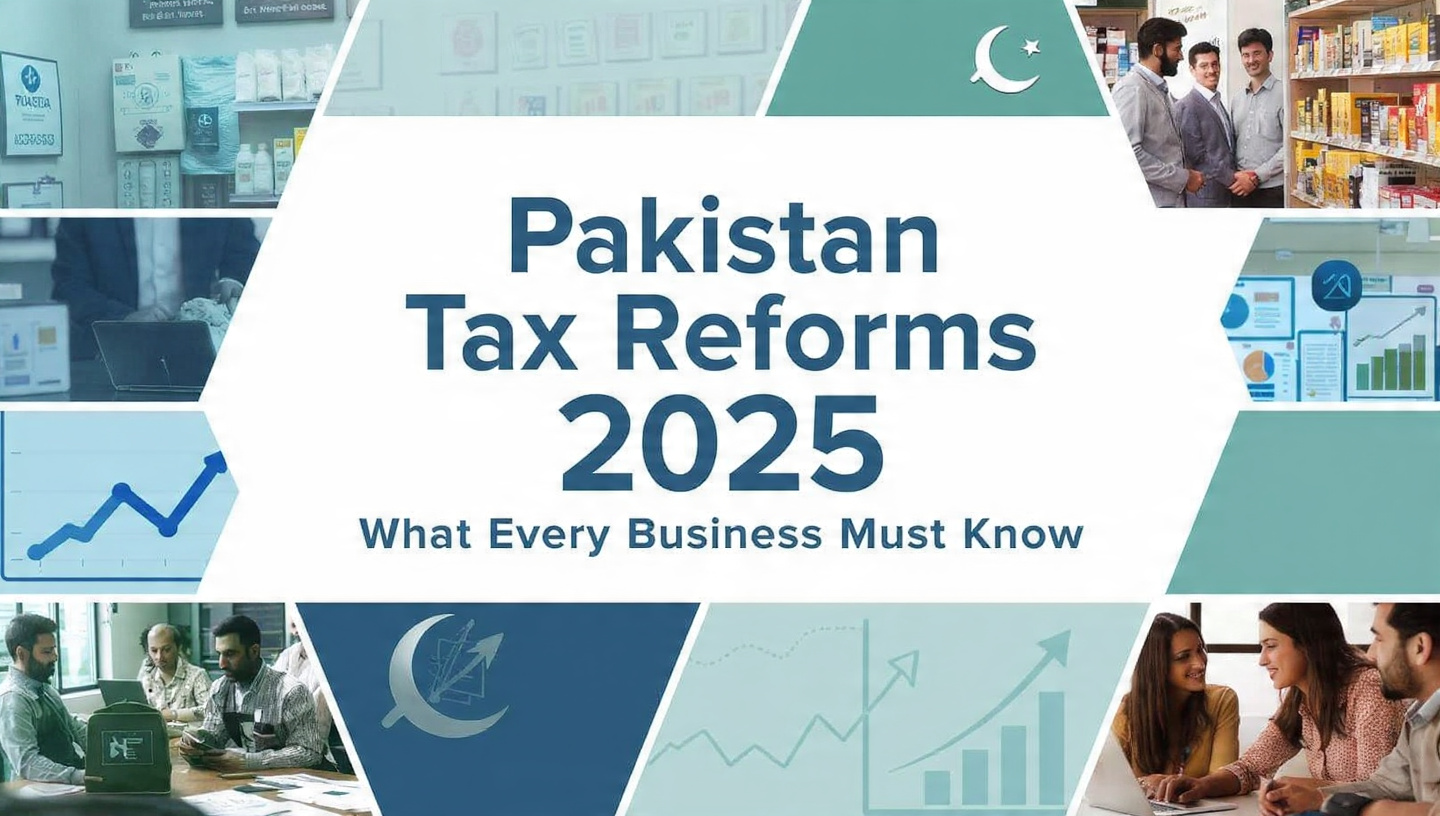
Save Big for the Next Return
Stress, confusion, and frustration accompany tax season in Pakistan. Whether a salaried employee, a businessman, freelancer, or general taxpayer, taxation planning seems an overly complex maze. Don’t worry! Proper strategies and solid comprehension of the tax system can save you from unnecessary penalties and make the most of your savings.
In this ultimate guide, we break down key aspects of tax planning in Pakistan, give actionable tips, and help you save big on your next tax return. Let’s get started!
1. Understanding Pakistan’s Tax Structure
Save Big for the Next Return
Before jumping into tips, it’s crucial to understand how taxes work in Pakistan. The Federal Board of Revenue (FBR) is responsible for collecting taxes. Income tax in Pakistan is charged on various sources, including salaries, business income, property, and capital gains. Your tax liability is calculated based on your total income and any applicable deductions or exemptions.
2. Why Tax Planning is Essential
Save Big for the Next Return
Tax planning allows you to legally minimize your tax liability by using deductions, exemptions, and rebates offered by the FBR. Effective tax planning helps you:
- Avoid overpayment of taxes.
- Maximize savings through rebates and deductions.
- Stay compliant with the law and avoid penalties.
3. Tax Deductible Expenses and Allowances
Save Big for the Next Return
Some of the easiest ways you can save when filing your taxes involve taking advantage of the deductions granted by the FBR. Below are some key deductions to note.
- Donations to Approved Charitable Organizations: If you donated money to recognized charities, you could claim a tax deduction. First, ensure the charity is registered with the FBR.
- Education Expenses: If you’re paying for the education of your children or yourself, certain tuition fees can be deducted from your taxable income. It’s a great relief for parents and students!
- Zakat: Zakat payments are deductible when calculating taxable income.
- Medical Expenses: Certain medical expenses for yourself or your dependents can be deducted from your taxable income.
All deductions claimed must be properly documented. Supporting evidence may be required by FBR during audits.
4. Avail Tax Credits and Rebates
Save Big for the Next Return
Tax credits and rebates are one of the effective ways to minimize your tax liability. Some of the most common credits and rebates offered in Pakistan are:
- Rebate for Teachers and Researchers: Individuals working as teachers or researchers in government institutions can claim a tax rebate of up to 25%.
- Tax Credit for Investments in Shares or Life Insurance: If you’ve invested in shares of public companies or have life insurance, you can claim tax credits under certain conditions. This encourages savings and investments while reducing your tax burden.
5. Become a Filer
Save Big for the Next Return
Being a filer versus a non-filer in Pakistan has a great impact on the taxes you pay. Filers are eligible for lower tax rates and are often exempt from certain withholding taxes. To become a filer, submit your tax returns on time and regularly update your records with the FBR.
If you haven’t registered yet as a filer, now is the time! You can register through the FBR’s online portal (Iris system) without any hassle and avoid the higher tax rates on non-filers.
6. Tax Payment Planning
Save Big for the Next Return
Many taxpayers wait until the last minute to prepare tax returns, leading them to do calculations in a hurry and thereby omitting certain deductions. To ensure you save as much money as you can, prepare your records on income, expenses, and deductions throughout the year.
If you are an entrepreneur or freelancer, consider engaging a tax advisor to make sure you take advantage of all opportunities to minimize your tax liability.
7. Keep Track of Tax Laws
Save Big for the Next Return
Tax laws in Pakistan are changing with new amendments every now and then. To plan taxes effectively, one needs to be updated about the changes. Follow FBR updates and seek tax professionals to keep your tax planning strategies updated.
8. Avoid Common Tax Mistakes
Save Big for the Next Return
While planning your taxes, avoid these common mistakes:
- Failure to meet deadlines, leads to penalties. Ensure to always mark your calendar so you can file on time.
- Incorrect income reporting. Report all income sources to avoid scrutiny.
- Poor documentation. Keep checks, bank statements, and other records correctly to request some deductions and satisfy the audit.
9. Professional Help
Save Big for the Next Return
If your financial situation is complicated or if you are confused regarding the tax system, hiring a tax professional may be an excellent decision for you. Tax professionals understand Pakistan’s tax laws, including all the dos and don’ts, to ensure the accurate calculation of possible deductions and credits. In this manner, you will pay the least amount legally possible.
Final Words
Save Big for the Next Return
Effective tax planning is more than just filing your returns; it is about understanding the system and using legal methods to save money. By following the tips in this guide, you can reduce your tax liability, increase your savings, and avoid unnecessary penalties.
Be you new to tax returns or an experienced taxpayer, staying informed, organized, and proactive are the secrets to a successful filing process. Start planning today and be grateful for saving on your next tax return!
Disclaimer: The article is provided for information only and not to be taken as professional tax advice. Please contact a licensed tax professional or advisor for personalized tax planning.
Contact Us for Professional Tax Assistance
If you’re looking for personalized help with your taxes or need assistance in planning your tax strategy, feel free to reach out to our team of experts. We’re here to help you save more and avoid unnecessary penalties.
Contact Information:
- Phone: 0308-7543324
- Email: muhammadbilalsaleem555@gmail.com
- Facebook: @MBSTaxation
Let us make tax season stress-free for you!
What is the difference between a tax filer and a non-filer in Pakistan?
A filer in Pakistan refers to an individual or entity which files his tax return through the Federal Board of Revenue. Filers benefit from the reduction in withholding tax rates, and sometimes they receive rebates that can remove all taxes incurred. However, non-filers are charged higher tax rates; they can even be punished. It is always advisable to be a filer and then save your precious money by achieving maximum tax savings and avoiding disqualification.




